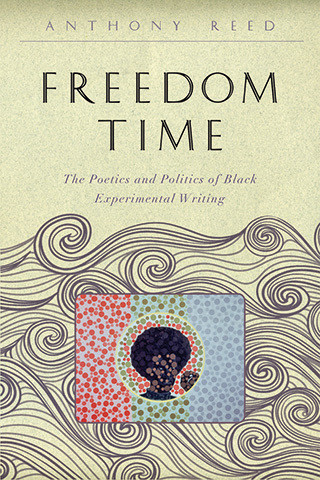
Reviews
Early AIDS mourning, especially by gay men of color, is more than worthy of study. However, with the recent rise of Black Lives Matter, Woubshet's larger questions about the ways in which mourning structures Black subjectivity and the political value of sorrow in the midst of unspeakable loss make this work especially timely. In The Calendar of Loss, Woubshet brings together queer studies and African-Americans' studies to examine a rich and varied "archive of mourning"... Herein lies Woubshet's chief contribution to AIDS scholarship, as he reads the mourning of both Black and White gay men through an analytical lens that is explicitly both Black and queer. Whereas much of the critical AIDS scholarship has marginalized people of color, and particularly queer people of color, here they take center stage.
Woubshet's text demonstrates the indispensability of the arts to more democratic imaginings of the history, aesthetics, and politics of AIDS. A model of interdisciplinary scholarship, the book develops a new theory of mourning that will be of interest to scholars in African diaspora studies, queer studies, literary studies, gender and sexuality studies, and American studies. Woubshet's engagement with critical theory makes the text appealing to specialists and graduate students, but the author's careful distillation of these theories through lucid prose makes the book accessible to multiple readers, including undergraduates and community activists.
The Calendar of Loss powerfully evokes the act of mourning in the AIDS era. It poignantly captures the tone of urgency, desperation, fatalism, and activist rage that characterized the 1980s for those touched by the onslaught of the AIDS epidemic. Dagmawi Woubshet performs an incredible balancing act: he offers respect to the dead and dying by truthfully rendering the ways in which they responded while somehow training a strong critical eye on the queer and racialized forms of AIDS mourning. Stylistically, the manuscript is brilliant in how it elegizes its subjects even as it rigorously analyzes a cluster of techniques deployed by AIDS mourners in a diverse array of high, popular, and mass forms, both traditional and experimental, including poems, short stories, funerals, eulogies, obituaries, epitaphs, memoirs, graffiti, protest speech, photography, film, dance, and art. Woubshet's writing is poetic without abandoning any heft of critical acumen. This is the smartest text on race and mourning or on the artistic response to AIDS that I've encountered. An extraordinary achievement.
Book Details
Preface
Acknowledgments
Introduction: Looking for the Dead
1. Lyric Mourning
2. Archiving the Dead
3. Visions of Loss
4. Epistles to the Dead
Conclusion
Tallying Loss
Notes
Index




